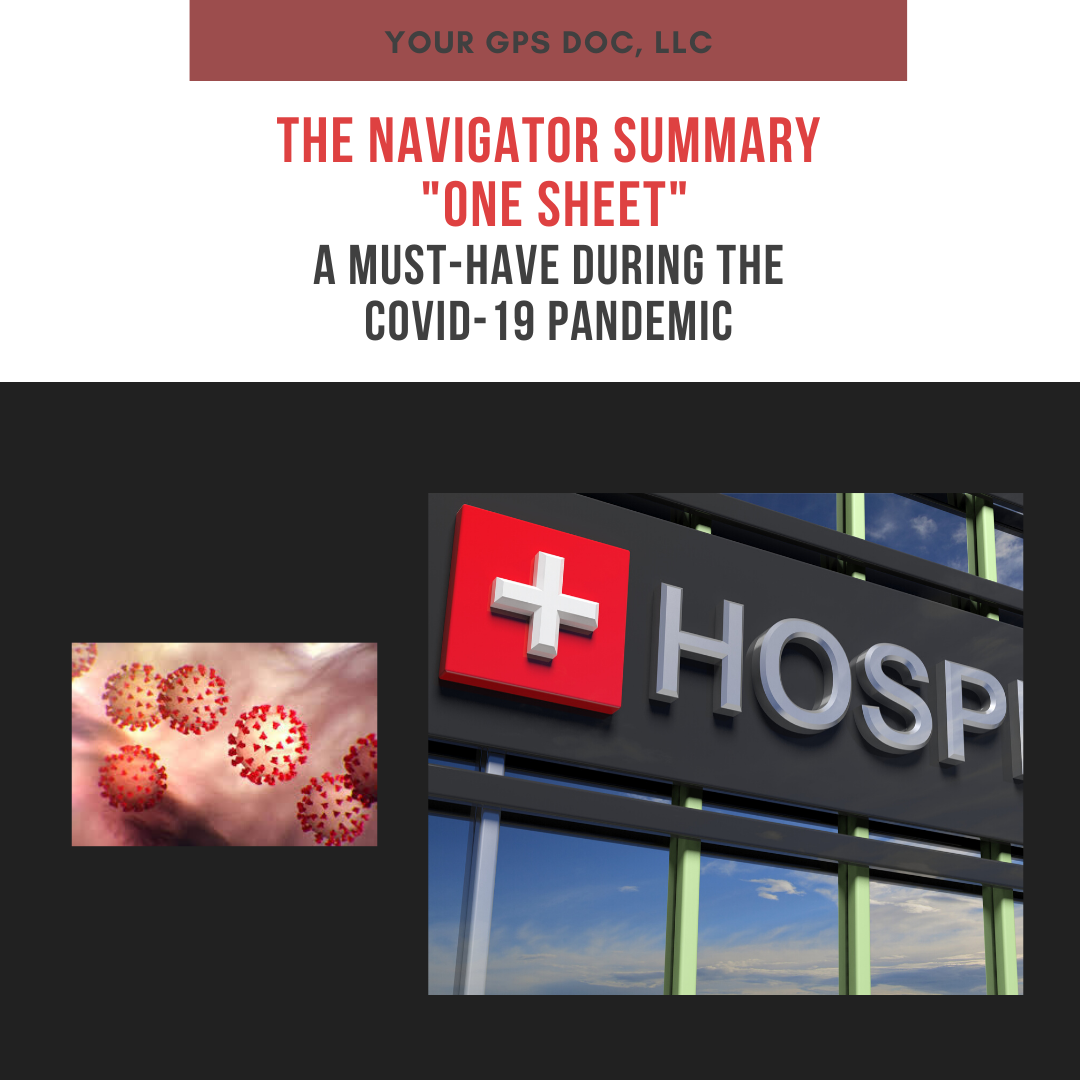My father loved cars and he enjoyed driving. I have fond memories of family road trips in the station wagon as a young child, and in his Chevy Suburban during my adolescent years. But the vehicle he treasured the most was a used Mercedes Benz he purchased in the ‘80s. Even though it required diesel fuel and the repairs cost an arm and a leg, you couldn’t tell him it wasn’t the best car ever made. Imagine his sadness and disappointment when his health declined and he could no longer drive. He was losing his independence and he felt badly about imposing on others. With the help of family members, my siblings and I could manage trips to the grocery store or the occasional medical appointment. However, with full-time jobs and families of our own, we knew we would have to make other arrangements for his 4-hour dialysis appointments three times a week.
As individuals age and suffer complications from chronic diseases, they may lose their ability to operate a vehicle safely. This can make it very difficult for them to receive necessary medical care. A 2015 study by the Transportation Research Board reported that approximately 3.6 million Americans miss or delay medical care because of transportation issues. This leads to worsening of chronic health conditions, unintended emergency room visits and hospitalizations. Non-emergency medical transportation (NEMT) is an essential component of access to health care for those who are unable to provide their own transportation due to age, income, or disability. NEMT includes trips to and from scheduled medical appointments, return trips from hospital emergency rooms, and transfers between hospitals.
There are several options to consider when coordinating non-emergency medical transportation for your loved one. You can arrange transportation through private companies, which can be costly. Some health systems have partnered with Uber and Lyft to provide medical transportation to their clients. In the Washington, DC area, Metro Access is a large provider of NEMT. It is a shared ride door-to-door public transportation service for people who are unable to access the public transit system due to disability. You must meet eligibility criteria and complete an application that includes documentation of disability by a healthcare provider. Rides are scheduled in advance via phone or on the website. The cost is fairly reasonable and you can prepay for trips online using a debit or credit card. Many large U.S. cities have similar ride sharing programs.
Medicaid provides non-emergency medical transportation for eligible individuals. Rules vary depending on the state in which you reside. Per policy, they pay for “the least expensive means suitable to the recipient’s needs.” The trip must be for a medical appointment to a Medicaid provider and for a service deemed “medically necessary.” Transportation may be provided by taxicab, bus, car, van, or subway. Some states contract with private transportation companies, while others provide transportation services through state agencies. In some states, caregivers and family members can apply to become certified transportation providers and can receive reimbursement for the costs of gas and automobile maintenance. Traditional Medicare does not cover non-emergency medical transportation, although some private Medicare Advantage plans may offer some benefits.
Despite numerous available options, arranging medical transportation for your loved one can be challenging. Many companies do not provide service on holidays, which is problematic for dialysis patients. There are narrow pick-up windows and drivers will not wait for individuals who may be running late. The cost can be a significant burden for high-frequency users paying out of pocket. The best way to approach these challenges is to plan ahead, research the options available in your area, and don’t be afraid to rely on friends and family members when necessary.
Have you joined the Your GPS Doc Family? If not, please click here to receive notifications about new content as well as useful worksheets and additional resources only available to Your GPS Doc subscribers.







Very important and necessary information! Thanks
Thank you, Yvonne! I’m glad you found it helpful.